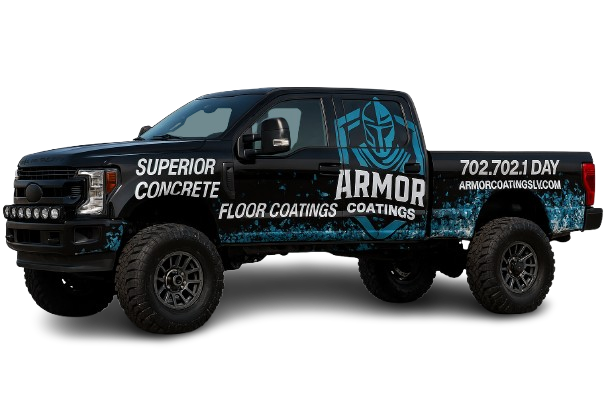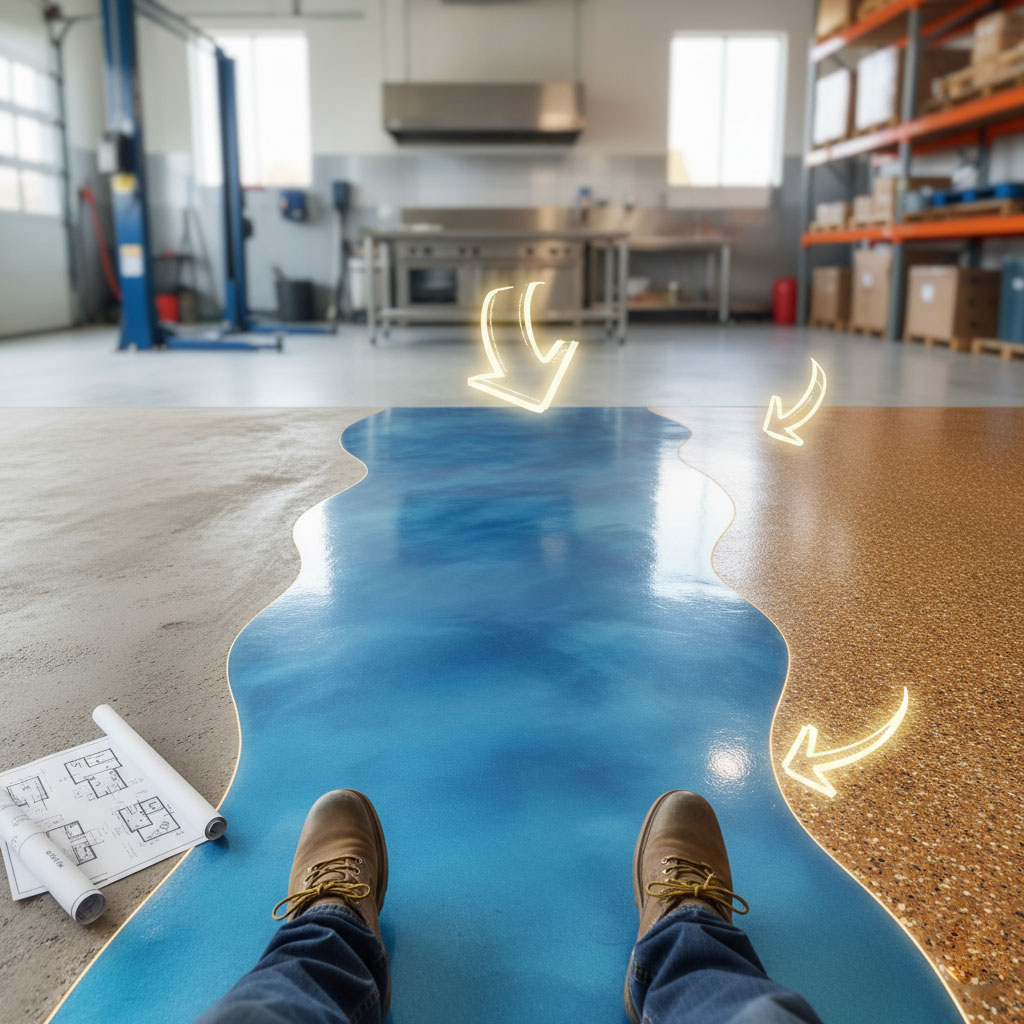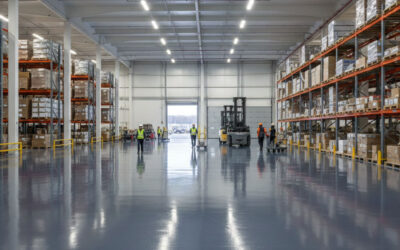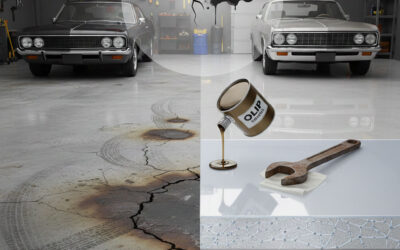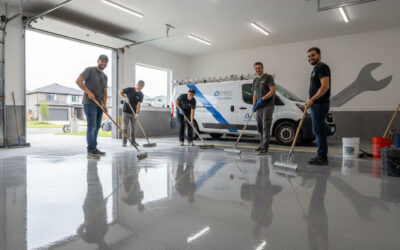Epoxy flooring has become a popular choice for both residential and commercial spaces due to its durability, versatility, and visual appeal. However, not all epoxy floors are the same, and selecting the right type is essential for ensuring long-lasting performance.
Choosing the wrong product can lead to premature wear, maintenance issues, or dissatisfaction with the finished look.
Understanding key considerations allows property owners to select epoxy flooring that fits their specific needs. This decision impacts durability, safety, maintenance, and overall appearance for years to come.
Assess Your Space and Traffic Levels
Before selecting epoxy flooring, it’s important to evaluate the space where it will be installed. Traffic intensity and type of use determine the best epoxy formula and finish.
- High-traffic areas like warehouses or garages require high-strength epoxy.
- Residential spaces with moderate use may opt for standard epoxy coatings.
- Areas exposed to chemicals or moisture need chemical-resistant or waterproof epoxy.
- Consider foot traffic vs. vehicle traffic to select proper thickness and reinforcement.
Matching the epoxy type to your space ensures durability and safety. Properly assessing traffic levels reduces the risk of damage and increases the lifespan of the flooring.
Decide on the Finish and Texture
Epoxy flooring comes in various finishes and textures, each offering different benefits for aesthetics and functionality. Choosing the right finish enhances both appearance and usability.
- Glossy finishes create a polished, reflective look that brightens spaces.
- Matte or satin finishes reduce glare and provide a subtler appearance.
- Textured surfaces improve slip resistance in wet or oily conditions.
- Decorative options like flakes or metallic effects can enhance visual appeal.
The finish and texture influence safety, maintenance, and overall style. Selecting the appropriate look ensures your epoxy flooring complements the environment while serving its practical purpose.
Consider Durability and Thickness
Durability is one of the main reasons people choose epoxy flooring. Thickness and formulation play a crucial role in withstanding heavy use.
- Thin coatings (2-3 mils) may suffice for light-duty areas.
- Medium thickness (5-10 mils) works well for garages and workshops.
- Heavy-duty epoxy (10-20 mils or more) is ideal for industrial or high-traffic commercial spaces.
- Reinforced epoxy with additives or aggregates increases strength and longevity.
Choosing the right thickness ensures the floor can handle daily stress. Durable flooring reduces long-term maintenance costs and prevents premature damage.
Evaluate Maintenance Requirements
Epoxy floors vary in their ease of cleaning and upkeep. Considering maintenance needs before installation helps avoid issues later.
- Smooth, glossy finishes are easier to clean but may show scratches.
- Textured floors provide slip resistance but require more attention to dirt removal.
- Chemical-resistant epoxy simplifies cleanup in industrial or workshop settings.
- Regular sealing or coatings may be recommended for extended durability.
Understanding maintenance needs ensures your epoxy flooring remains attractive and functional. Proper care prolongs its lifespan and performance.
Choose the Right Contractor and Product Quality
Professional installation and quality materials are key factors in a successful epoxy floor. Poor installation or low-quality products can compromise results.
- Hire experienced contractors familiar with epoxy applications.
- Check product specifications for durability, chemical resistance, and warranty.
- Ask about prep work like surface grinding and priming, which impact adhesion.
- Review past projects and references to ensure reliability.
A well-installed, high-quality epoxy floor performs better and lasts longer. Professional guidance ensures that your choice meets both practical and aesthetic goals.
Make an Informed Choice for Long-Lasting Epoxy Flooring
Choosing the right epoxy flooring requires careful consideration of traffic, finish, durability, maintenance, and installation quality. Evaluating these factors ensures a floor that is functional, safe, and visually appealing for years to come.
Investing time in selecting the proper epoxy system protects your space from premature wear and enhances its overall value. By combining the right materials, design, and professional installation, you can enjoy a durable, attractive floor that meets your specific needs and stands up to daily use.







